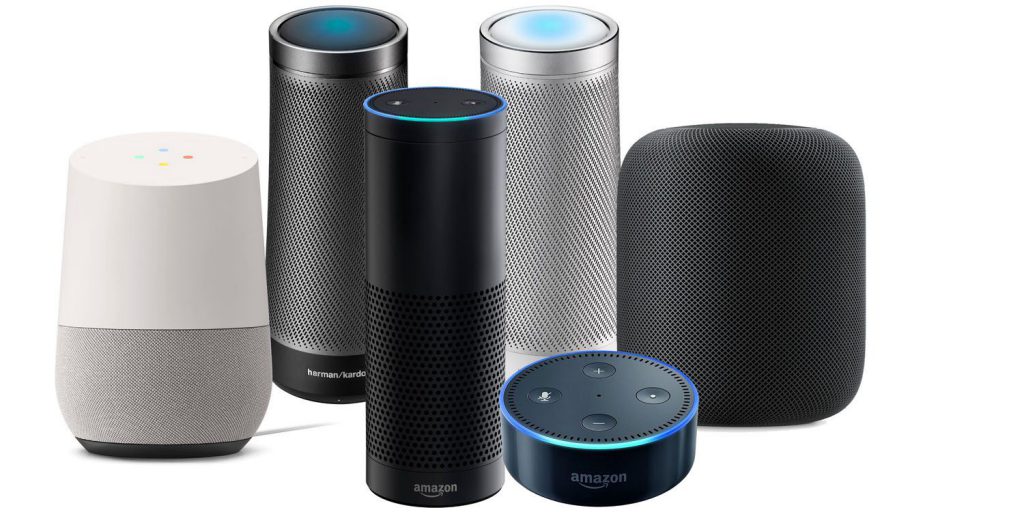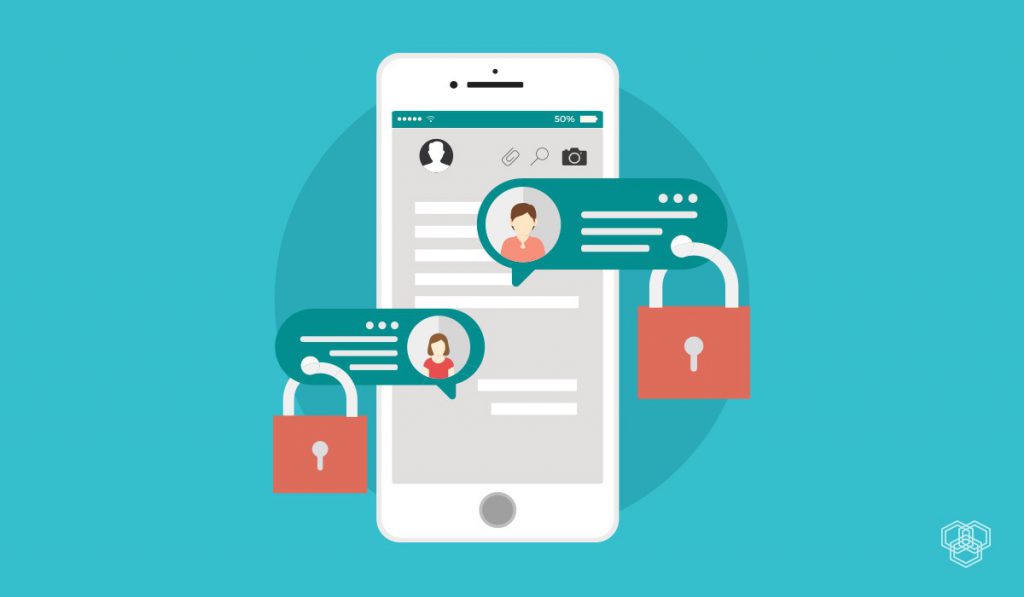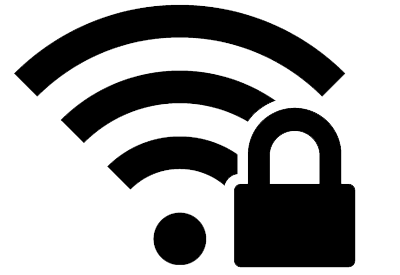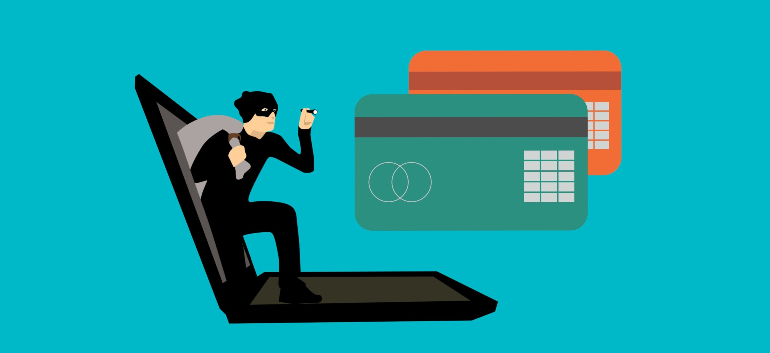Protect your Environment
If you like spy movies, you’re familiar with the scene where someone plants a “bug,” or listening device, in an office, home, or hotel room. These tiny transmitters pick up noises, like conversations, and transmit them to someone listening or recording them. It sounds like movie stuff, but cybersecurity experts who work in government need …








